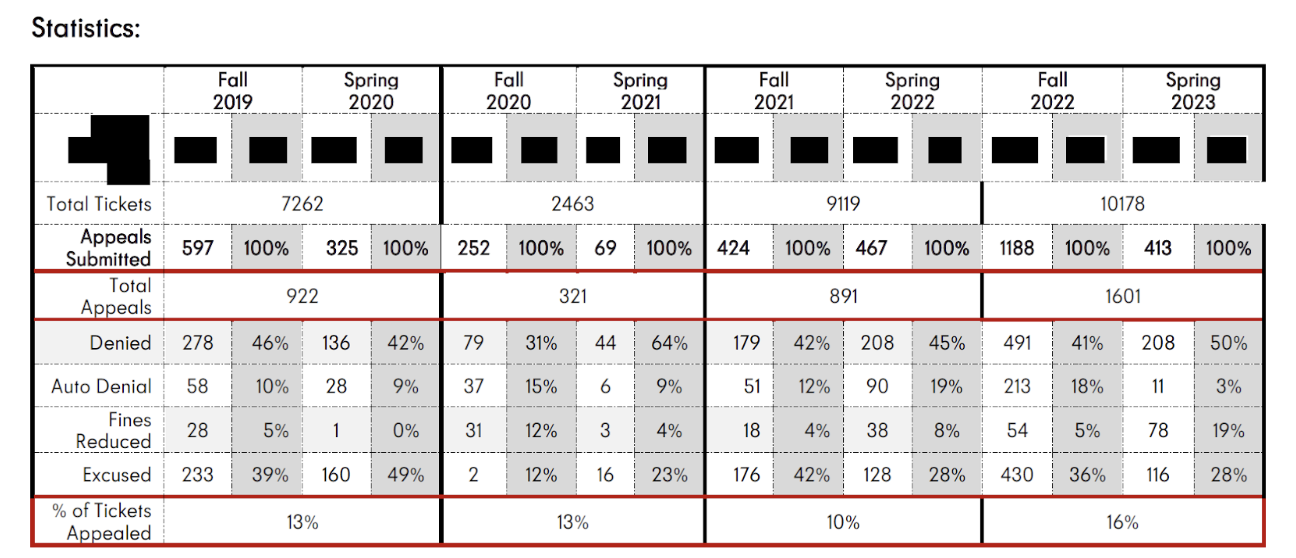By Derek Lopez
Contributing Writers
The next couple of weeks are going to be, potentially, the most challenging at KU with health experts warning people to brace for a long, harsh winter with regards to COVID-19. It is in the best interests of everyone involved to remain safe and to continue adhering to the CDC guidelines as we brace for a potential second wave of COVID-19.
The last couple of weeks have been extremely positive, with only three confirmed cases at KU since Oct. 19. Students and faculty have done a great job of wearing their mask and social distancing to prevent the spread of COVID-19.
However, this could all change very quickly.
“There’s a possibility that the assault of the virus on our nation next winter will actually be even more difficult than the one we just went through,” said CDC Director Dr. Robert Redfield.
With flu season upon us along with the dangers associated with the coronavirus, it is important that KU prepares for a spike and that everyone continues to practice safety guidelines given to us by the CDC.
Dr. Michael Osterholm, director of the Centre for Infectious Disease Research and Policy at the University of Minnesota, wants everyone to do their best to prevent the spread of COVID-19.
“The challenge is the end isn’t coming soon, but it’s coming. And what we need to do is try to have as few cases as possible between now and the time a vaccine arrives,” Osterholm said.
The signs of a second wave that coincide with the winter flu season are very evident. It is up to the population as a whole to prevent the spread of COVID-19 as we head into flu season this winter.
The winter season will also make it harder to distinguish flu symptoms from COVID symptoms.
“While you could say certain symptoms are slightly more associated with one virus than the other, there’s enough overlap that there’s uncertainty,” said UC San Francisco emergency care physician, Dr. Jahan Fahimi.
“So we wouldn’t use the presence or absence of those symptoms to rule in or out either illness,” Fahimi added.
Following CDC guidelines is the best way to keep your loved ones safe during these times of great unknown.





Leave a Reply